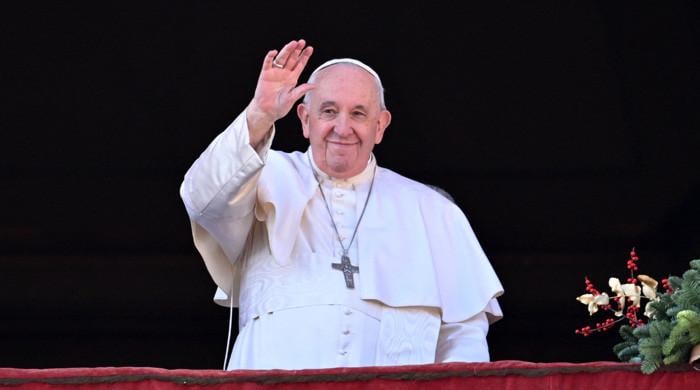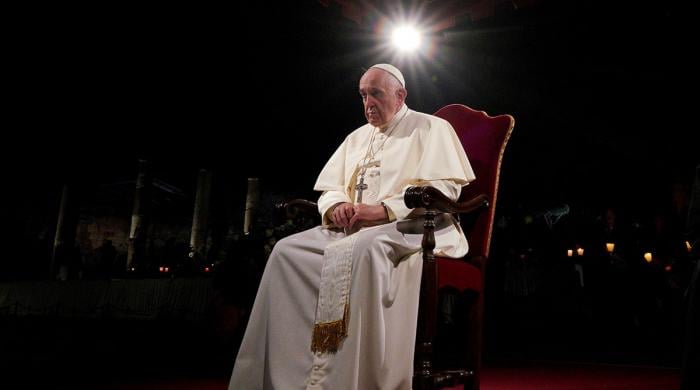Why did Manipur state announce separation from India?
Dissident leaders from the state of Manipur announced their separation from India on Tuesday
October 30, 2019
Dissident leaders from the Manipur state on Tuesday announced their separation from India claiming that they were speaking on behalf of Maharaja of Manipur High Highness the Leishemba Sanajaoba and announced the launch of an exiled government.
However, the question arises why did the leaders make the announcement. The state lies east of Myanmar, while on the north it is bordered by Indian state of Nagaland, Assam on the west and Mizoram on the south.
The formerly princely state had become part of India in 1949 after New Delhi gained independence, but the people of the state dispute the succession and have been waging a decades-long violent separatist campaign, reported Al Jazeera.
The last ruler of Manipur Bodhchandra Singh signed the instrument of accession after he feared that Burma (now Myanmar) will take over the state. This succession had been questioned by the people of Manipur.
Read more: Manipur leaders in London announce separation from India
Manipur, one of India's smallest states has a population of close to 2.8 million people. It is known as the one of the so-called "Seven Sisters" — a group of restive northeastern states.
According to India’s Centre for Development and Peace Studies, the emergence of the insurgency in Manipur traced to the emergence of the dissident group United National Liberation Front (UNLF) on November 24, 1964.
The reason for the insurgency was the forced merger of Manipur and the delay in the conferring of full-fledged statehood which was greatly resented by the people of Manipur.
Since then several other outfits, like the People's Liberation Army (PLA), founded on September 25, 1978, People's Revolutionary Party of Kangleipak (PREPAK) set up on October 9, 1977 and the Kangleipak Communist Party (KCP) that came into being in April, 1980. All the groups have been demanding a separate independent Manipur.
According to the Indian think tank, these groups have a policy of not targeting the state police but have been fighting the Indian army and para-military troops in the region as they represent the Indian government.
As a response to the insurgency, Manipur has been declared a ‘disturbed area’ since 1980 and the Indian Armed Forces Special Power Act 1958 has been imposed in the state by the government. The people of the state continue to protest the use of such powers by the Indian government as it has led to many human rights violations in the state.
At a press conference in London on Tuesday, Chief Minister of Manipur State Council Yamben Biren and Minister of External Affairs and Defence of Manipur State Council Narengbam Samarjit announced to formally launch the exiled government – the Manipur State Council.
The exiled government will be based in Central London.
They produced a document showing that His Highness the Maharaja of Manipur had authorised them by the Order No. 12 of 2013 dated the March 15, 2013 to solve the political problems of the State of Manipur.











